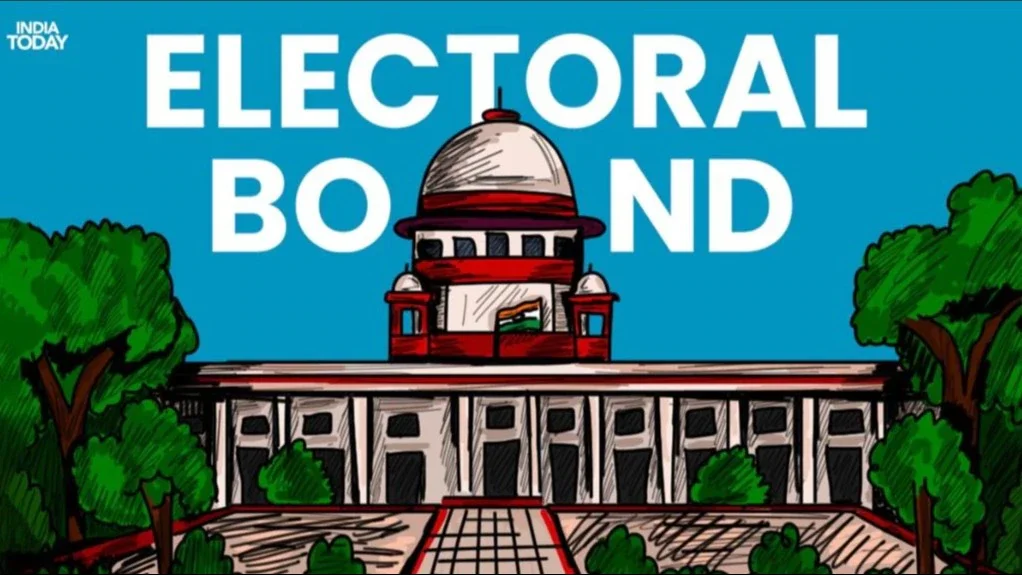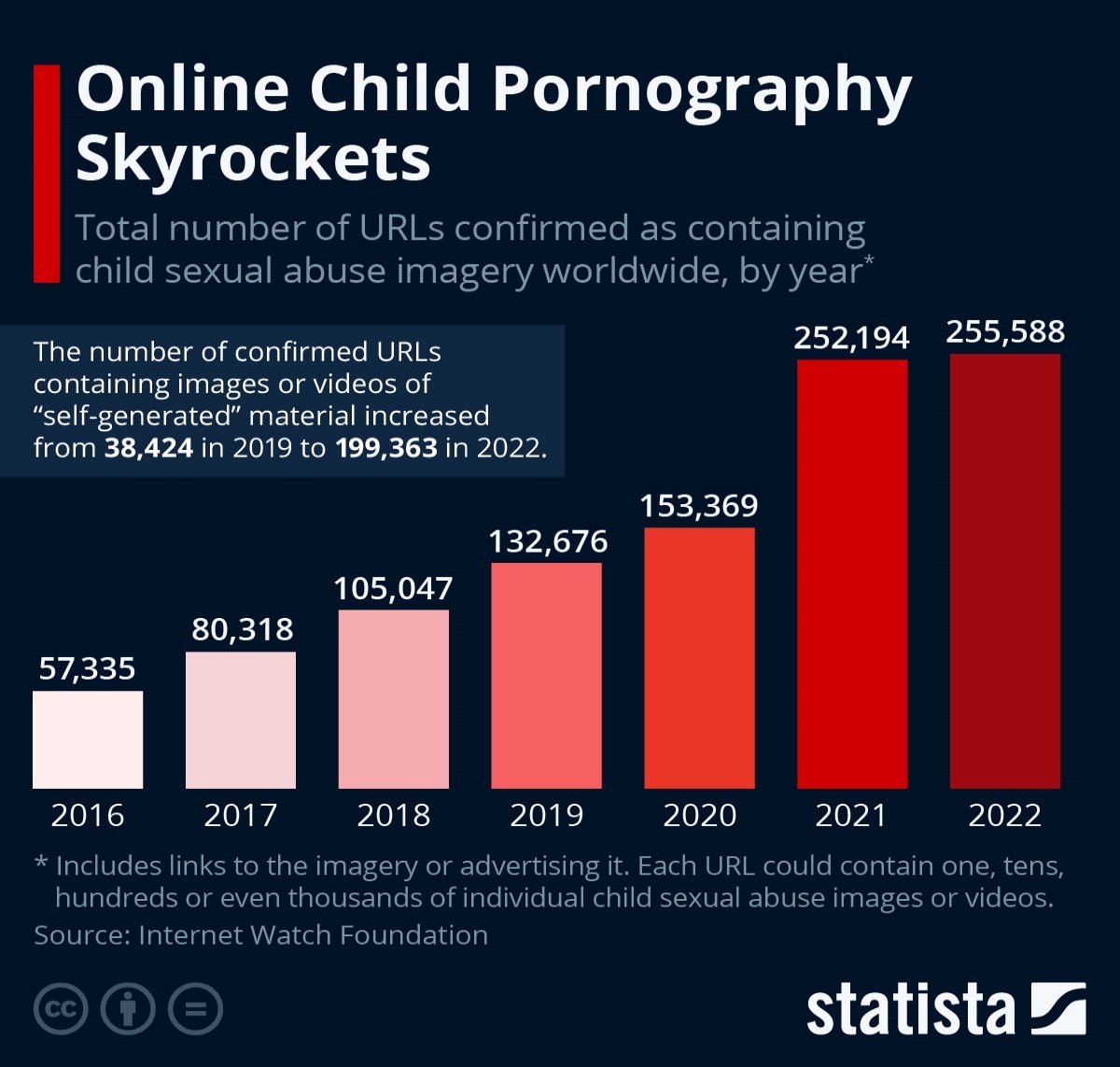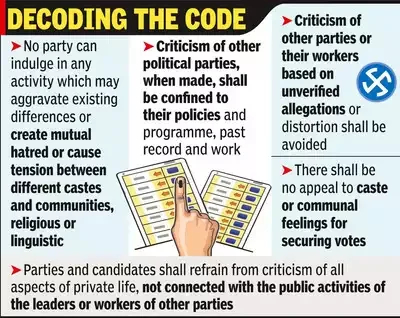
International Court of Justice (ICJ) | ICC vs ICJ
Subscribers of "Current Affairs" course can Download Daily Current Affairs in PDF/DOC
Subscribe to Never Miss an Important Update! Assured Discounts on New Products!
Must Join PMF IAS Telegram Channel & PMF IAS History Telegram Channel
- Context (TH): South Africa filed a case in ICJ against Israel accusing it of genocide in Palestine.
- Also known as the World Court, the ICJ was established in June 1945 by the UN Charter and began its operations in April 1946.
- It is the principal judicial organ of the United Nations but independent of UN Secretariat.
- Headquarters: The Peace Palace in The Hague, Netherlands. Of the 6 principal UN organs, ICJ is the only UN body not located in New York.
- Official languages of ICJ: English and French.
- The member states of the UN are automatic parties to the Court.
- Non-UN member states can also become parties to the ICJ by ratifying the ICJ Statute.
- States have no permanent representatives accredited to the court. They communicate with the Registrar through their Minister for Foreign Affairs or ambassador accredited to the Netherlands.
Composition of ICJ
- Total number of judges: 15, elected for a term of 9 years.
- Does not include more than one judge of any nationality to ensure broad representation.
- The Members of the Court do not represent their governments but are independent magistrates.
Manner of Election
- Elections are held every three years for 1/3rd of the seats (5 judges).
- The Judges are elected by the UN General Assembly and Security Council, that vote simultaneously, but separately.
- Polling happens through a secret ballot.
- To be elected, a candidate must receive an absolute majority of the votes in both bodies (UNSC and UNGA).
- Retiring judges are eligible for re-election.
Jurisdiction of ICJ
- Contentious cases: ICJ settles legal disputes submitted to it by States as per international law (Contentious cases). Only States may be parties to contentious cases.
- Advisory Opinions: ICJ gives advisory opinions on legal questions referred to it by authorized international organizations. It is open to five UN organs, specialised agencies and related organisations.
Decision making
- Decisions made at ICJ have two components: Judgements and Advisory Opinions.
- Judgements: They have binding force and are without appeal for the parties concerned.
- Advisory Opinions are given on a legal question at the request of the body authorized by the UN Charter.
Limitations on Powers of ICJ
- The ICJ has no jurisdiction to deal with applications from individuals, NGOs, corporations or any other private entity.
- It cannot suo moto take up cases. It can only take up cases when requested by the States.
- It does not have jurisdiction to try individuals accused of war crimes or crimes against humanity.
Difference between ICJ and ICC
| Particulars | International Court of Justice (ICJ) | International Criminal Court (ICC) |
| Established in | 1946 | 2002 |
| Authority derived from | States that ratify the UN Charter become parties to the ICJ Statute.
Non-UN member states can also become parties to the ICJ by ratifying the ICJ Statute. |
Rome Statute (Signed by 139 countries, and 123 have ratified it.)
India is not a signatory to the Rome Statute. |
| Relationship with UN | Official Court of UN | Independent
UNSC may refer cases to ICC |
| Headquarters | The Hague, Netherlands | The Hague, Netherlands |
| Type of Court | Civil court | Criminal Court |
| Jurisdiction | UN Member States (i.e. National Governments) | Individuals |
| Scope of Work |
|
Criminal prosecution of individuals |
| Subject Matter | Sovereignty, boundary disputes, maritime disputes, trade, natural resources, human rights, treaty violations, treaty interpretation, etc. | Genocide, crimes against humanity, war crimes, crimes of aggression. |
| Funding | Funded by UN | Contribution from state parties to the Rome Statute,
Voluntary contributions from the UN, governments, international organizations, individuals, corporations and other entities. |
| Nature of Judgement | ICJ decision is binding on member states. | ICC rulings are not binding on any state except parties. |
| Is India a member? | Yes | No |





![PMF IAS Environment for UPSC 2022-23 [paperback] PMF IAS [Nov 30, 2021]…](https://pmfias.b-cdn.net/wp-content/uploads/2024/04/pmfiasenvironmentforupsc2022-23paperbackpmfiasnov302021.jpg)











